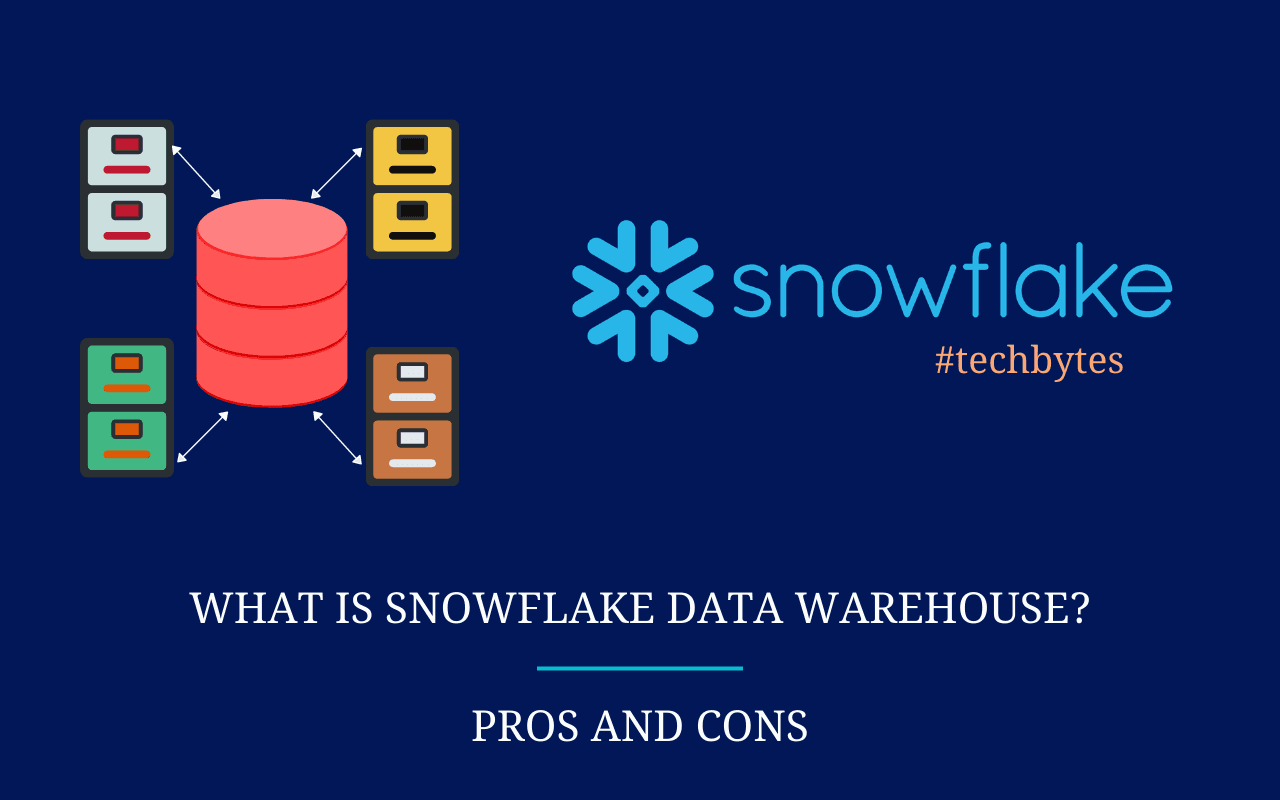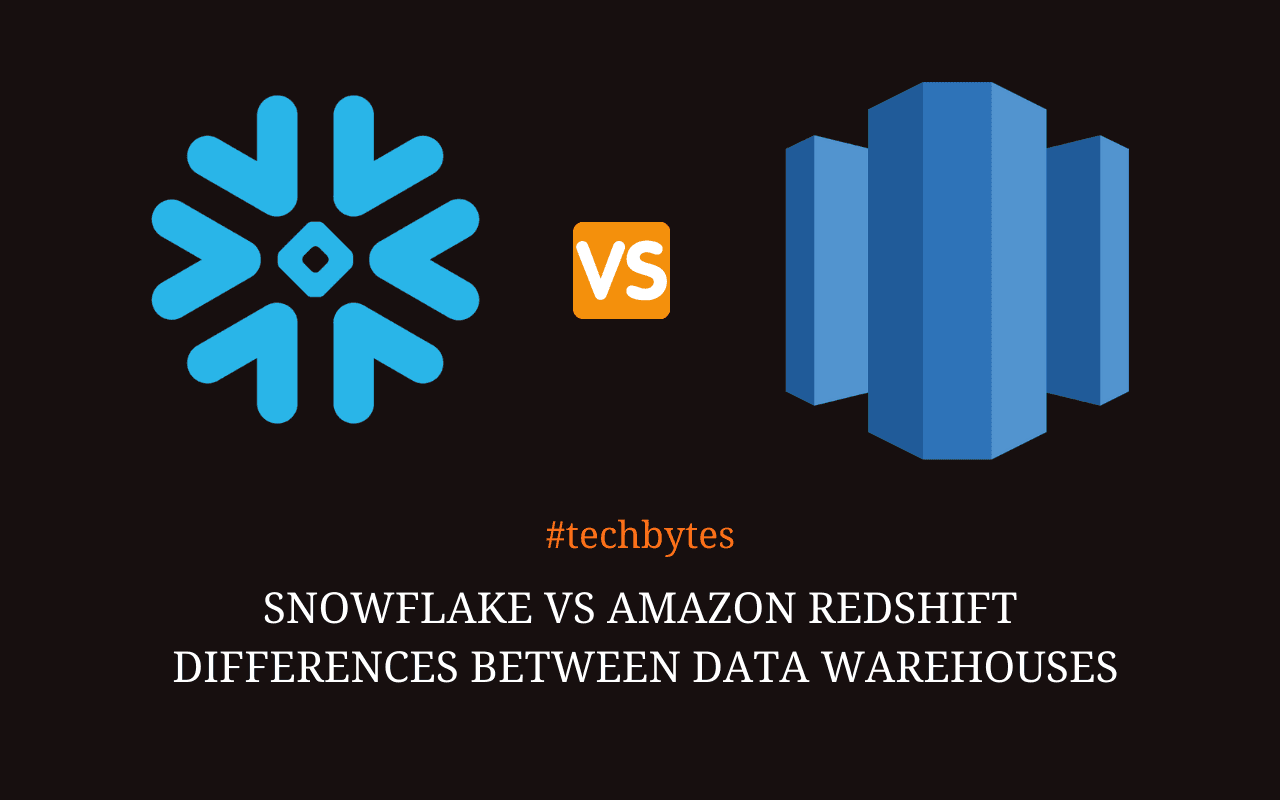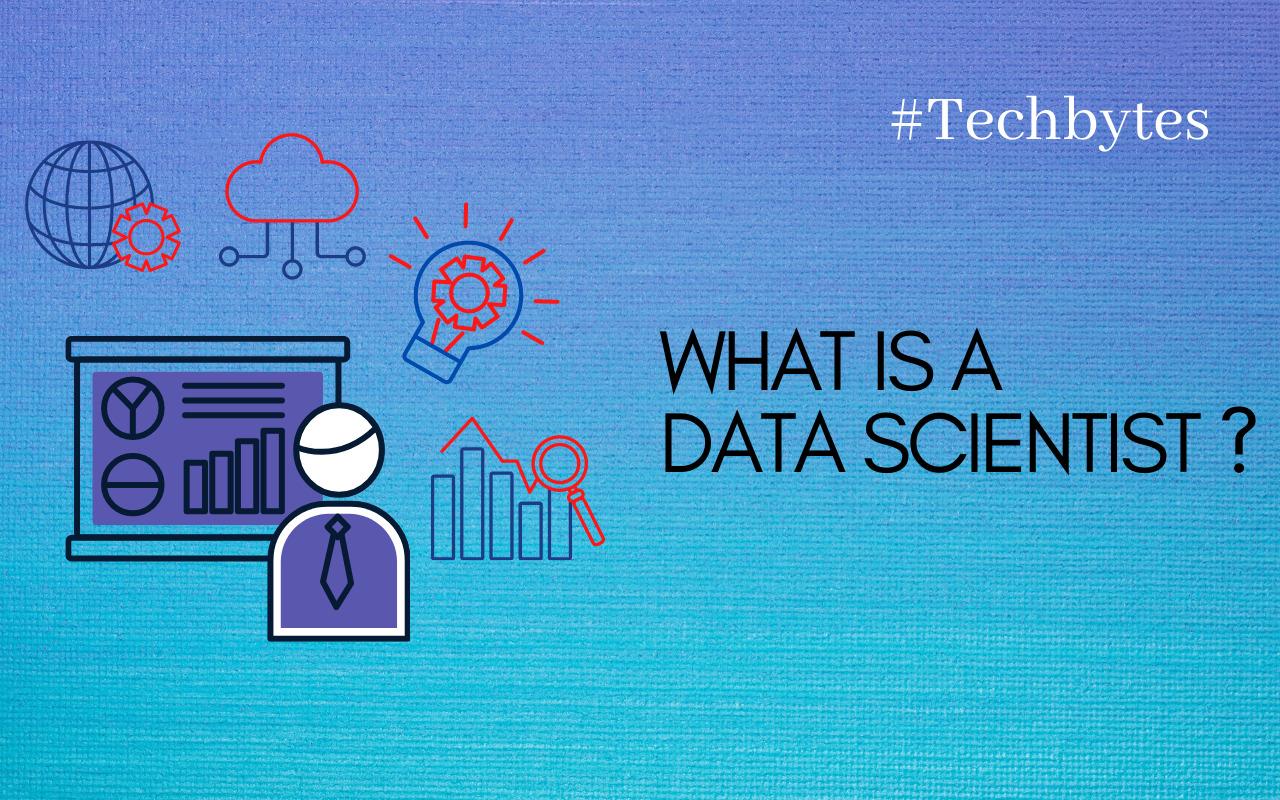
What is Snowflake Data warehouse? | Pros and cons
Snowflake can be a real saver, especially for industries that are looking for a platform offering solutions that conventional data platforms cannot. This cloud warehouse offers solutions for healthcare, media and advertising, software, gaming, education, retail, financial services, logistics, supply chain, and all other major sectors.
Founded in 2012 by three data warehousing experts, Snowflake Data Warehouse is a fully managed cloud data warehouse available in Database-as-a-Service (DaaS) or Software-as-a-Service (Saas). ‘Fully managed,’ we mean users should not worry about any back-ends like installation or maintenance.
What is Snowflake?
Snowflake is an analytic data warehouse available to customers as Saas or Daas. It’s faster, easier to use, and offers more flexibility than traditional data warehouse offerings. To the user, Snowflake may have some similarities to other cloud data warehouses, but it has additional functionality and distinctive capabilities.
A snowflake data warehouse is integrable with three major cloud providers namely;
• Google Cloud Storage (GCS)
• Amazon Web Services (AWS)
• Microsoft Azure
Snowflake started on Amazon Web Services before rolling over to Microsoft Azure and Google Cloud Storage. The customer can choose between the three options or use multiple cloud providers at once. Without much ado, here are the advantages and disadvantages of using Snowflake Data Warehouse.
Pros and Cons of Snowflake Data Warehouse
Pros
- No Need for a Massive Server
Size is never an issue with Snowflake. If you use traditional systems, you have to deploy a massive server to upgrade later. But when it comes to Snowflake, it can be deployed on a single small cluster, and then scaled up and down.
- Storage Capacity is not an Issue.
Traditional systems seem to be swallowing more and more space. Snowflake, on the other hand, runs on cloud-based blob storage, which is affordable, scalable, and highly redundant.
- Popularity
Snowflake is in the same league with other data warehouse giants such as Google BigQuery, and Amazon Redshift. It’s quite popular and successful with thousands of firms using the service.
- Secure
Security is crucial here. Your data shouldn’t end in the wrong hands. Security is baked into the Snowflake data system. It boasts an array of security features such as multi-factor authentication, IP whitelisting, and AES 256 secure end-to-end encryption.
- Performance Tuning is Simple
Unlike most systems, Snowflake adequately handles its performance tuning all by itself. As long as the user follows the published best practices around organizing data, the database will be simple to use. The system is a higher performer. It’s simplified to have little requirements for DBA resources. It doesn’t need DBA to be staff full-time.
- Follows ANSI SQL Protocol
Snowflake follows the ANSI SQL protocol, which means it supports full structures and semi-structured data types like JSON, XML, ORC, Parquet, etc.
- Data Safe in Case of a Disaster
Disaster recovery is not an issue with Snowflake. You will not worry about losing data with the system. It will never happen. The system automatically replicates data across three zones. In case they lose any two data centers, the third one will be the life-saver.
- Software Patching, Maintenance & Upgrades, a Thing of the Past
Snowflake fully maintains the whole infrastructure. Talk about the software components like the OS, database software and other operations, and the hardware components. The system is transparent and offers users peace of mind.
- You can Separate Storage and Compute
Snowflake offers its users with a wide array of benefits, and even though this is uncommon in the data warehousing solutions, it allows storage and computes to be separated.
- Performance & Concurrency not an Issue
Clusters can be resized with unexpectedly high data volumes, so performance is a non-issue. Concurrency is not an issue, as well. Snowflake clusters can be configured to scale out automatically to fit more users then scale back when the number of users goes down.
Cons
All data warehouse systems have their disadvantages. Snowflake has a few that don’t make it less of a tier-one data warehouse system. It still offers many advantages over traditional solutions like IBM, Oracle, Teradata. Here are the cons of using Snowflake.
i. The dependence has on Azure, AWS, GCS. The support can be a problem whenever one of those cloud servers has an independent outage.
ii. Currently doesn’t offer a lot of options to work with geospatial data. Maybe it’s in their plans.
iii. It doesn’t have the option of supporting unstructured data at the moment. Maybe they will add that soon.
What Makes Snowflake Data Warehouse Unique?
Snowflake is packed with incredible features. The most remarkable one is spinning up as many virtual warehouses as you want, each with its MPP cluster. That means users can run an unlimited number of independent workloads on the same system, without creating any contention.
Also, each warehouse can be resized form a small cluster to a massive cluster in a flash of a second. This gives users a high-quality performance and ability to resize throughout the day according to the workload.
And not just scaling up for an immense workload, it’s also possible to scale out to support many users.
Connecting to Snowflake
One of the most incredible things about Snowflake is that it supports multiple ways of connecting to the service. Here they are:
i. A web-based user interface that supports all the tools needed to manage and use Snowflake.
ii. JDBC and ODBC drivers that other applications such as Tableau can use to connect to Snowflake.
iii. SnowSQL or other command-line clients who can access all the aspects of using and managing Snowflake.
iv. Python and other native connectors that can help develop applications that can be integrated or connect to Snowflake.
v. Third-party connectors that can connect tools such as BI or ETL tools to Snowflake.
Conclusion
Data is a serious concern, and you need a secure and scalable data warehousing solution. As you have read in the article, the Snowflake data warehouse has those features and a lot of advantages. Re-engineered to cater to a wide array of industries, Snowflake is a data system you can trust. If you are a firm and you are not using Snowflake, you are missing out a lot.

